Shattering Creamy Illusions: Five Myths About Dairy-Free Diets Busted
One common myth surrounding dairy-free diets is the notion that they lack necessary nutrients, particularly calcium and vitamin D, which are essential for bone health. However, such a claim is misleading. There are plenty of non-dairy alternatives rich in these vital minerals and vitamins. Vegetables such as broccoli, kale, and spinach are high in calcium, while fortified oat, almond, and soy milk offer ample vitamin D.
Consuming a varied diet that includes such foods can easily meet the recommended daily intake. Incorporating seeds like chia, sesame, and flax, which have high calcium and vitamin D content, can also boost nutrient levels. Supplements can fill any potential deficiency gaps, but it is crucial to consult with a health professional before starting any supplement regime.
Dairy-Free Equals Healthy
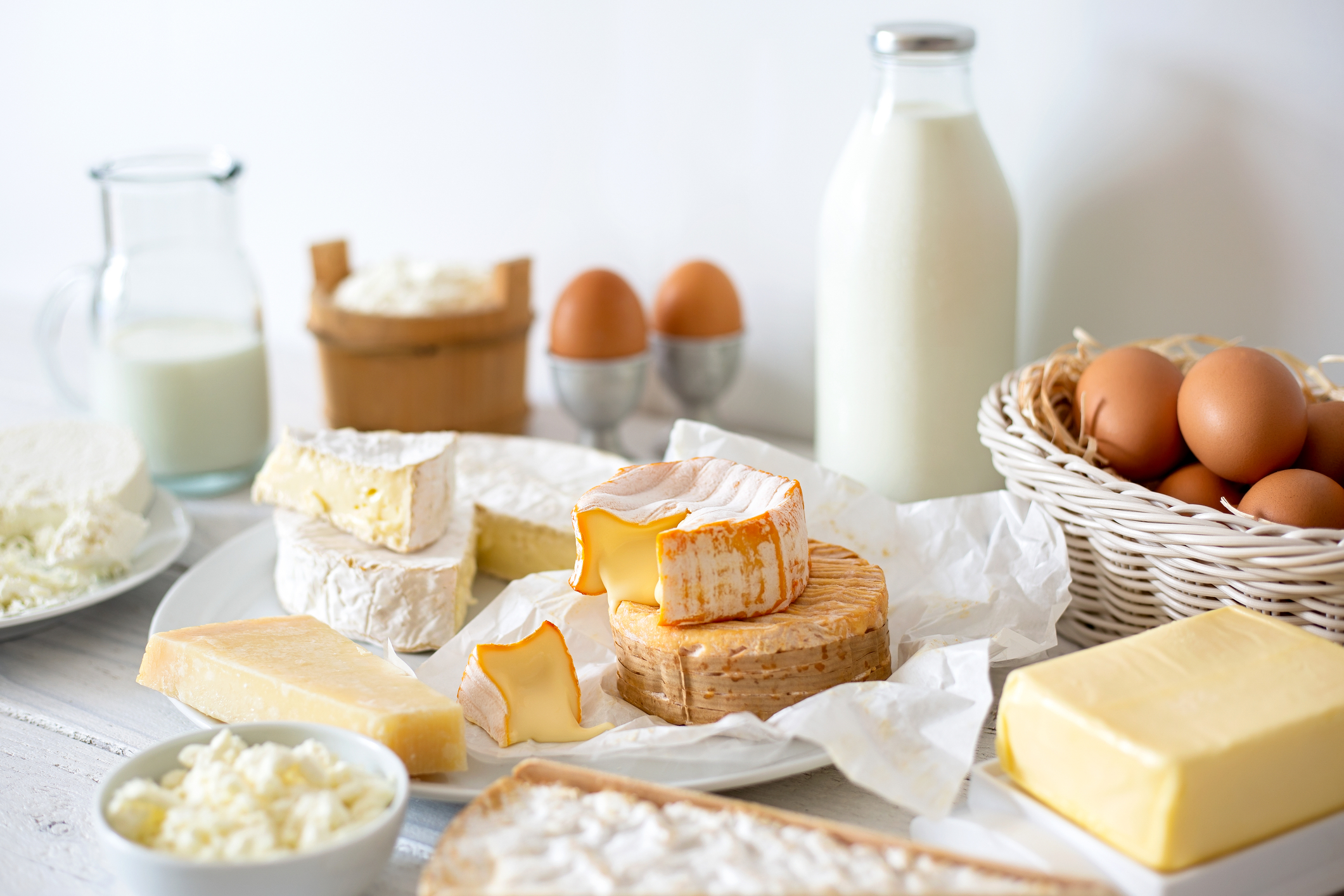
Dairy substitutes are not necessarily healthier than their dairy counterparts, debunking another common myth. While some dairy-free alternatives may have less saturated fat, they often contain added sugars, coloring, and other additives to compensate for taste and texture.
It's crucial to read product labels and watch out for hidden sugars and other unhealthy additives. Opt for organic or minimally-processed plant-based milk and cheese. When feasible, making homemade dairy substitutes allows control over ingredients, ensuring one's diet is truly healthy.
Dairy-Free Diets Are Only for the Lactose Intolerant
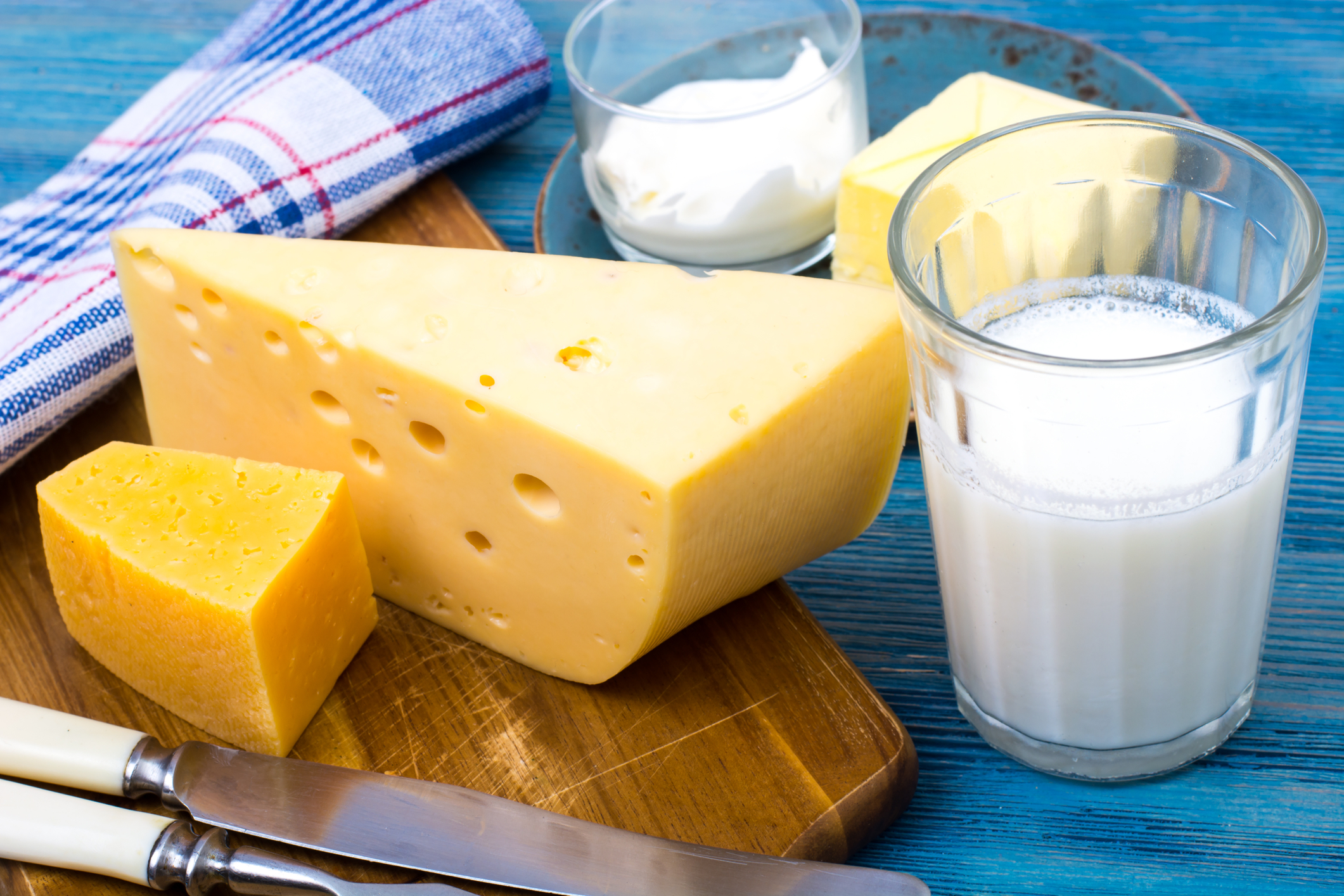
This is an often misunderstood aspect of dairy-free diets. While it's true that those with lactose intolerance benefit hugely from adopting a dairy-free diet, it's not the only reason people choose this lifestyle. Some opt for dairy-free due to a cow's milk allergy, while others follow plant-based diets for environmental or ethical reasons.
Research also suggests that dairy-free diets may help manage certain health conditions, such as acne, eczema, and irritable bowel syndrome. Therefore, dairy-free diets can certainly serve a wider audience beyond just the lactose intolerant.
Dairy Is The Best Source Of Protein
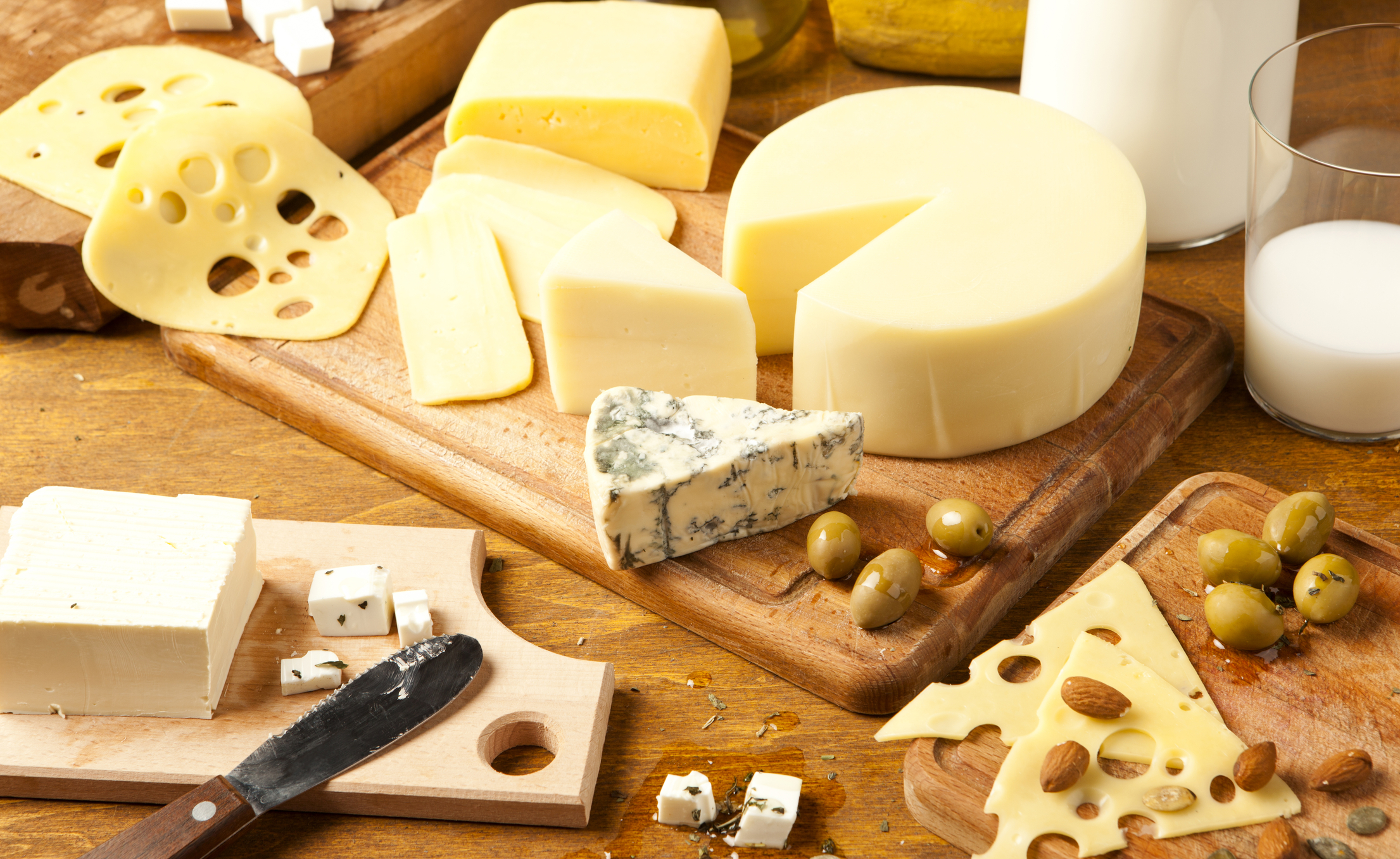
Another misleading claim revolves around dairy being the best source of protein. It’s undeniable that dairy products are rich in protein; however, they're not the sole or necessarily the best source. There are ample dairy-free alternatives that can offer the same, if not more, protein levels.
Foods such as lentils, chickpeas, tofu, quinoa, and seeds are rich in protein and may be more easily digestible for some. So, dairy isn't the exclusive path to meeting protein needs, and a well-planned dairy-free diet can easily cater to one's daily protein requirements.
Dairy-Free Diets Are Expensive
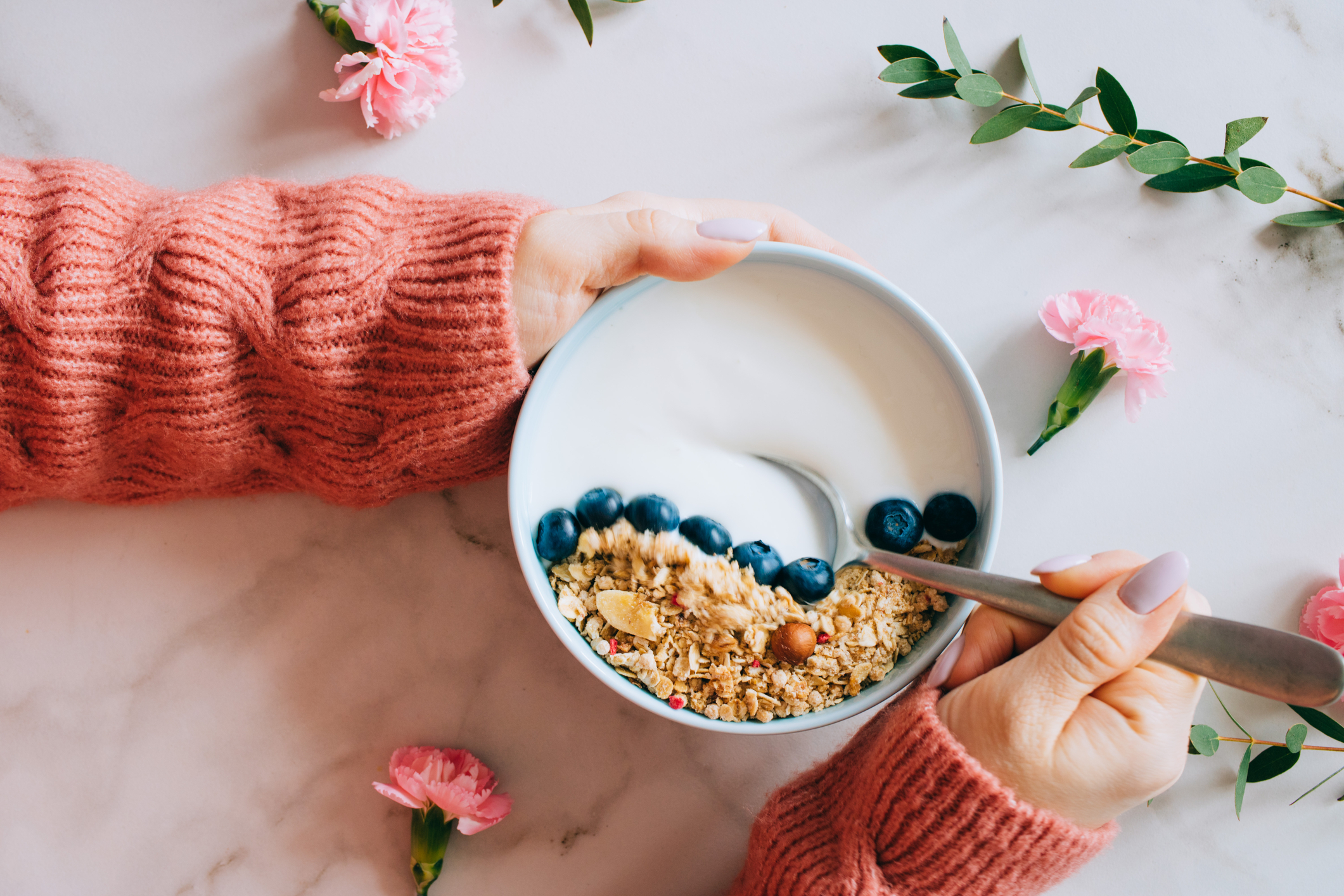
The perception that dairy-free diets are significantly more costly is a myth, too. While some specialty dairy-free options can indeed be pricier, many affordable options are readily available. Cereals, fruits, vegetables, beans, and lentils are all budget-friendly and essential components of a dairy-free diet.
Moreover, making your dairy substitutes, such as almond milk or cashew cheese, can be much more economical in the long run. Comparatively, the price differences of dairy and dairy alternatives can be minuscule, especially when considering potential health benefits.
Non-Dairy Cheese Can't Melt
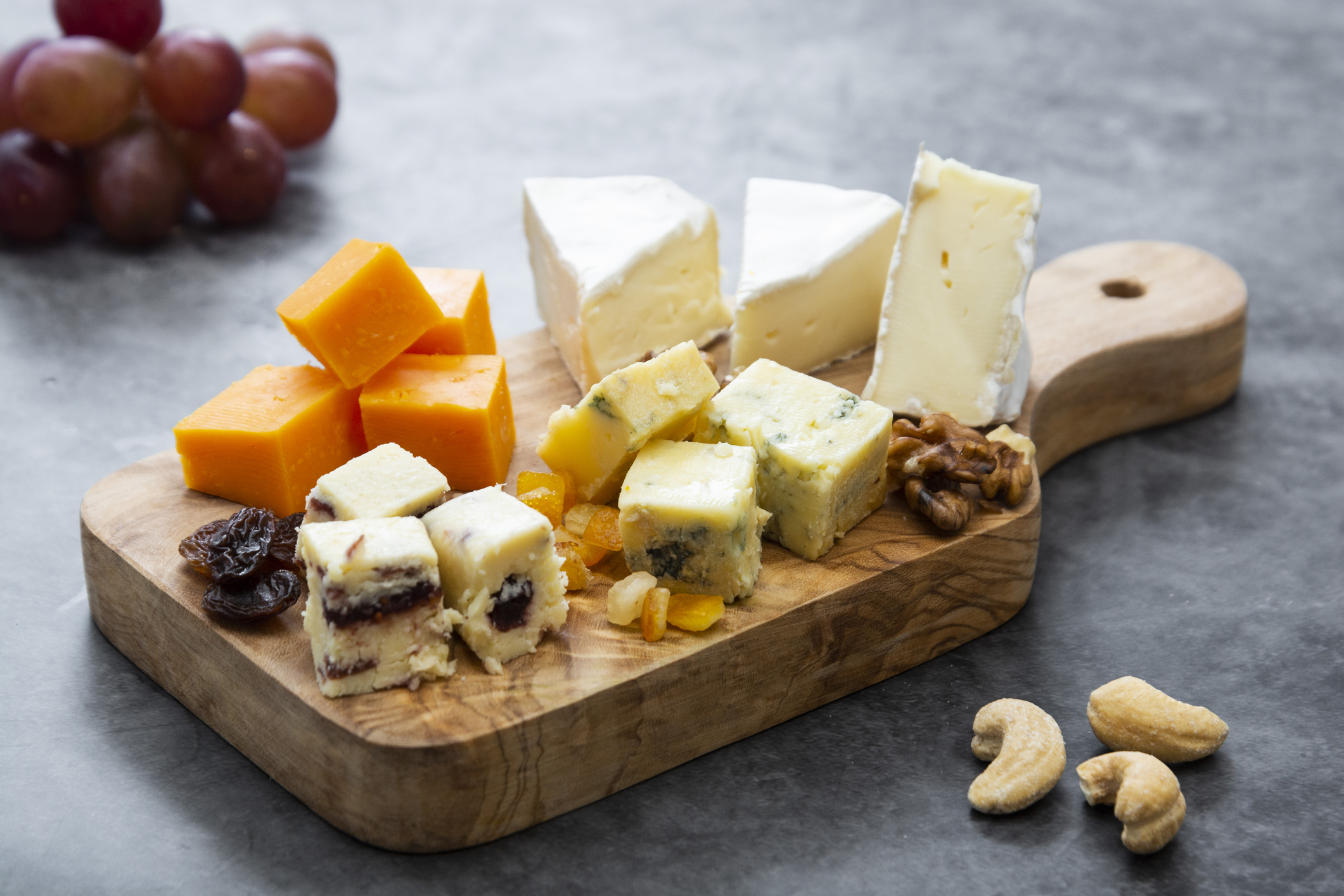
While it's true that not all dairy-free cheese alternatives melt exactly like traditional cheese, numerous marketplace options do. Many companies have improved their recipes and techniques to create dairy-free cheeses that melt, stretch, and taste like their dairy counterparts.
Whether used in pizzas, nachos, or lasagnas, these dairy-free cheeses offer the same creamy, indulgent experience that we know and love. Like any food item, it's about finding the brands and versions that satisfy individual taste preferences.